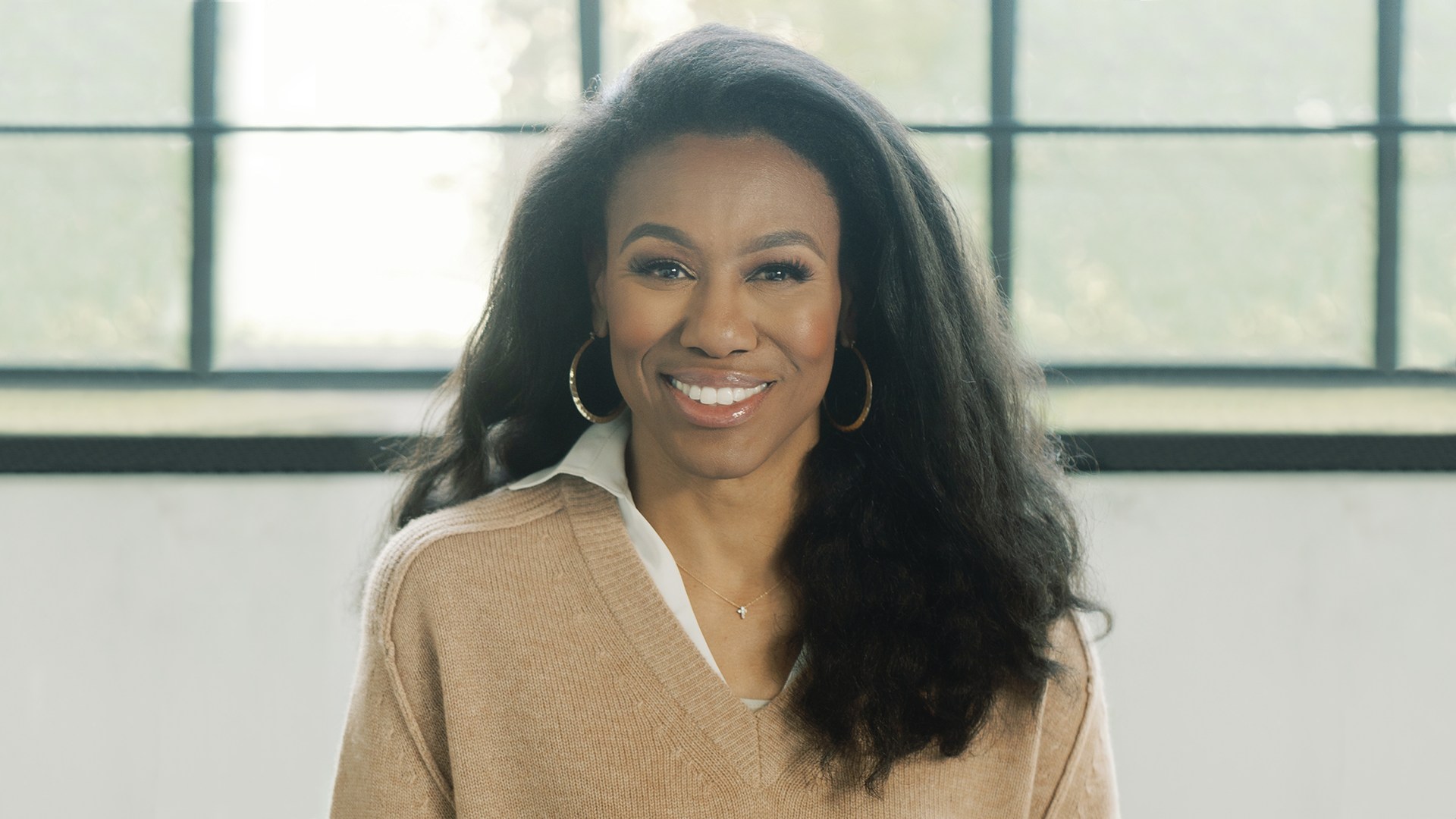In this series


As a pastor, I’ve found one of the main difficulties in leading faithfully and living as good neighbors is that we can’t always choose our neighbors or the context and circumstances in which we lead and live. And in a time of tense divisiveness, global conflicts, natural disasters, and other complex crises, this sense of helplessness is nearly universal.
We have all experienced the reality of a world beyond our control—not least during the COVID-19 pandemic, when life changed for all of us. Many of us were shuttering in place and scrambling to find masks, sanitizers, and so forth, grappling with a staggering amount of uncertainty about what we could and could not do. For me personally, the pandemic was a crucible for my leadership, and one I find instructive for ministry to this day.
As a multigenerational, multisite African American congregation in Charlotte, North Carolina—one of the earliest cities to issue stay-in-place mandates—we faced multiple challenges and points of tension during the initial years of the pandemic. Our staff wrestled with the same questions many Christians did as we sought to balance our individual and congregational freedom with community responsibility.
How do we honor the value of embodied, collective public worship while simultaneously protecting our congregation, especially those most vulnerable with comorbidities? How do I negotiate concerns about the budget and potential loss of income considering my responsibility to protect the livelihood of my staff and their families? How does a congregation of our size and influence set a good example in how we operate during a public health emergency, including in our rhetoric?
Above all, I believe the pandemic—as any major crisis facing our community can—created a unique opportunity for us to demonstrate our confidence in God when every aspect of life as we know it seems threatened and compromised. And as I’ve reflected on this truth since then, I’ve gleaned insights from the life and ministry of Ezekiel about what it means to lead faithfully and live as good neighbors in a world beyond our control.
In the first verse of the book, the 30-year-old prophet Ezekiel identifies himself as being among the Israelite exiles by the Kebar River in the land of Babylon for seven days, “deeply distressed” (1:1; 3:14–15).
The first step for us as leaders guiding our people through times of turmoil is to absorb the reality in which we find ourselves. Rather than being in denial, withdrawing from the world, or detaching from our emotions, we are called to stay present in moments of crisis and experience life alongside those we lead. Ezekiel himself was among the people of Israel who were being exiled, and he remained in their midst.
This kind of presence cultivates the necessary empathy to know where our people are and what they need. Part of leadership in general and pastoral leadership in particular is the work of giving language to whatever our churches are facing and feeling. Leaders must name the tension in those they lead, just as Ezekiel named the emotion of the exiles, who were “deeply distressed.” Identifying a traumatic event and the feelings it causes can help people come to terms with their reality—which in turn helps them understand and transcend it.
One way our staff tried to absorb the reality of the pandemic was by reading surveys provided by Gloo, which helped us identify trends and gave us snapshots of how people were doing in real time. We tried to name the disruption, dislocation, displacement, and disappointment people were facing, along with their losses, grief, frustration, and fear.
In the book’s opening, Ezekiel also described the experience of receiving a vision of God (1:4–28). It is here that we get the next aspect of leadership during crises, which is reframing—that is, placing people’s experience and feelings within a larger framework.
Providing your people with the bigger picture often involves seeing and showing how God is at work in any given situation. Ezekiel’s vision of God’s glory did not take him away from where he was but happened while he was seated among his fellow exiles. This vision broadened his frame of reference and showed him God was at work in their midst. Likewise, it is crucial for faith leaders to identify God’s presence in situations that are out of our control.
With the pandemic, reframing moved me from asking why it happened to seeing how God was at work. It prompted our church to look for God sightings in the lives of our fellow congregants, in our neighborhoods, and in our own families. Some might call this attunement—the practice of attuning ourselves to the personal presence of God. Reframing can move a person from a posture of frustration or blame into one of curiosity and empowered expectation.
The next aspect of biblical leadership is discerning purpose.In the book’s second chapter, Ezekiel received God’s call to be a prophet. Having absorbed his people’s reality, identified their tension, and seen God at work in their midst, he learned of God’s purpose. Part of living faithfully is discerning the purpose to which we are called. How is God calling us to live, and what is God calling us to do? Whom has he placed near us, and how can we serve them?
In the case of our church not being able to meet during the pandemic, we found ways to volunteer in our community and distribute food to people in need. We chose to see our virtual worship as honoring our city and assisting our health-care system by avoiding super-spreading events. And while our gathering function was removed from the equation, we leaned heavily into our serving function.
This leads to another aspect of leadership in crisis, which is embracing opportunity. While there were restrictions during the pandemic, there were also a host of opportunities. Seeing them required a liberated imagination, intensified curiosity, and out-of-the-box creativity. It necessitated us letting go of how things used to be and embracing what might be—asking questions like “What could we do and what would it look like if … ?” and “Where might we meet people if … ?”
In the process, we came up with an idea to help our unhoused neighbors by developing a mobile unit that provides showers, washers, and dryers—named M25:40 after the famous passage Matthew 25:40 (“Whatever you did for one of the least of these brothers and sisters of mine, you did for me”). We also developed our virtual presence and resources, which broke down barriers in terms of who we could reach, where we could interact with them, and how we could reach and engage them. As a result, our numbers did not shrink after the pandemic but grew.
The next aspect is clinging to hope. What we initially thought would last two weeks or even couple months ended up persisting for far longer than we anticipated. In the meantime, our church suffered tragic and unexpected losses. The length of displacement—when our services stayed online only—tempted many in our congregation to despair. Those who grew fatigued with virtual services began attending churches that opened earlier, producing another point of tension.
The encouragement of Psalm 27:13–14 comes to mind: “I remain confident of this: I will see the goodness of the Lord in the land of the living. Wait for the Lord; be strong and take heart and wait for the Lord.”
The final aspect is encouraging our people to look toward the future. In the case of the pandemic, after having gone completely virtual for so long, we could not assume our congregation’s attending habits would immediately return to what they were before the pandemic. That change caused us to ask how our future might look.
With some people remaining virtual, some showing up primarily in person, and others opting for hybrid attendance, did we really need to keep our three campuses? After praying about whether having three campuses was the highest and best use of our resources, we discerned that it wasn’t and eventually sold one of our buildings to another ministry.
We continued gathering Sunday mornings at the main campus location, and we are redeveloping our second campus into a 30-acre hybrid site with residential, office, retail, hotel, and conference spaces. We also opened an affordable senior living project and are in the process of developing another 30 acres to build a combination of market-rate homes and independent living. All these ventures meet critical needs in our community.
While many see the pandemic as a net loss, the decisions our church made in that time allowed us to pursue other opportunities which ultimately redefined our vision for the future. As a people of faith, we are called to be forward-thinking. Whatever the present may bring, there is a future reality which we can anticipate and pursue. Chasing that future assumes a degree of risk and ambiguity, which calls for faith, discernment, and courage.
Bishop Claude R. Alexander Jr. is the lead pastor of The Park Church in Charlotte, North Carolina, and author of Becoming the Church and Necessary Christianity. He also serves on the board of Christianity Today.


















































